MascoLab
Primary packaging qualification and ancillary tests
Main regulatory and technical references: Annex 1, PDA TR No. 26, FDA Guideline Aseptic Processing, ASTM F838-15, USP <1663>, USP <1665
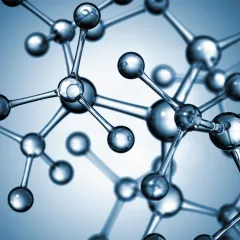
to demonstrate that the final container al does not bind drug components affecting product specifications, e.g. API title decrease. The evaluation in performed by comparison of the product composition pre and post accelerated storage study.
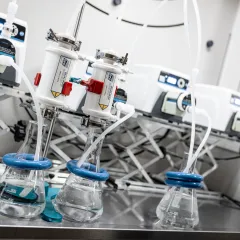
to demonstrate that the final container does not alter, under worst-case storage conditions, the quality of the drug product. Specific analytical techniques (GC/MS, Q-TOF and ICP/MS) are performed to evaluate the presence of extractables compounds potentially toxic for patients. Semi-quantitative analysis are applied to detect and quantify a wide range of extractables compounds. Following extractables results, specific toxicological assessment can be issued
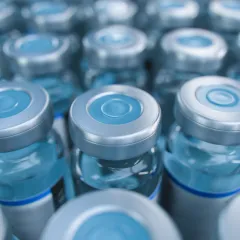
to demonstrate that the final container does not alter, under routine storage conditions, the quality of the drug product. Specific analytical techniques are validated to monitor the presence of potential leachables compounds at different time points during the overall storage time. Leachables studies are designed following extractables studies. Following leachables results, specific toxicological assessment can be issued
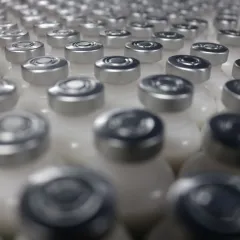
to demonstrate the suitability of the glass packaging components through pH, conductivity and glass particles measurements; individual extracted elements (ICP/MS) and glass surface evaluation (SEM-EDS)
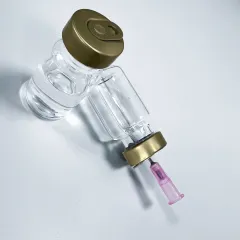
to demonstrate the integrity of the container closure simulating the stresses during storage, distribution and use. Relevant types of stress include temperature, pressure and relative humidity extremes, shock and vibrational stress and exposure to microorganisms
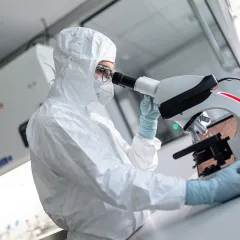
to evaluate the biological reactivity of plastics and elastomers on cell culture and animals and classify plastics accordingly
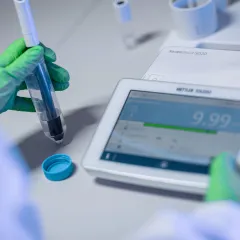
to perform specific tests that allow a well-characterization of the materials for pharmaceutical use, e.g. appearance of solution, acidity or alkalinity, absorbance, penetrability, fragmentation, self-sealing capacity, etc